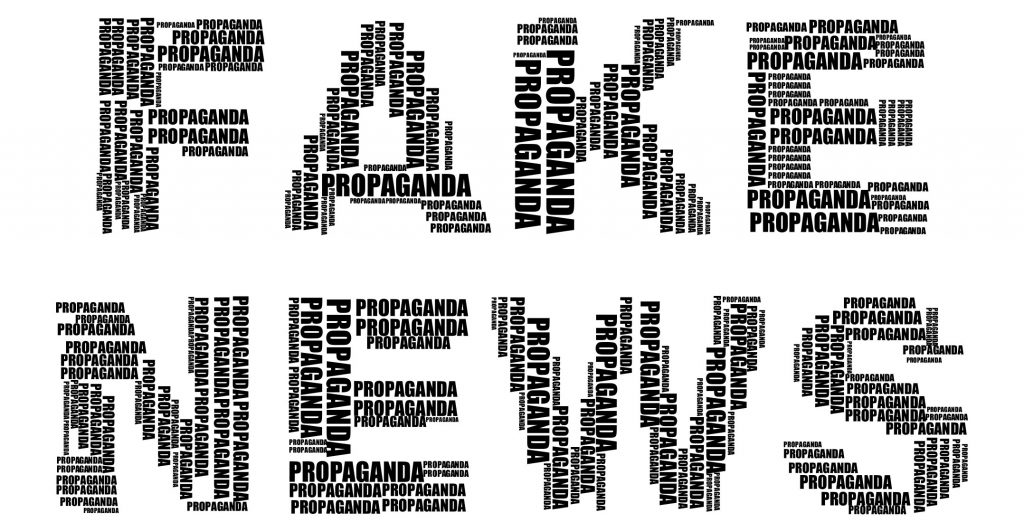Telecommunications carriers have long grumbled that they spend a fortune building the world’s data networks only to watch the US technology giants reap most of the benefits. Now they fear Silicon Valley will take away their customers, too.
Browsing: Facebook
Facebook has hired Africa Check and AFP to try to crack down on the sharing of fake news on the social media platform in South Africa.
Instagram has a new boss: Adam Mosseri, who led Facebook’s news feed team for many years.
We have a great show this week. On TalkCentral, Duncan McLeod and Regardt van der Berg chat about spectrum licensing getting into high gear and Elon Musk’s latest troubles, plus plenty more.
Facebook’s worst-ever security breach is a major blow to the company’s effort to rebuild trust with users of the social network after a privacy scandal in March.
Facebook has said it discovered a security breach earlier this week that affected almost 50 million accounts. The company said it has fixed the breach, which allowed hackers to take over people’s accounts.
An indie Taiwanese hacker has proclaimed he’ll broadcast an attempt to wipe out Mark Zuckerberg’s Facebook page this Sunday – live.
Facebook has unveiled a wireless virtual-reality headset called Oculus Quest, an attempt to help popularise the developing technology with a more mainstream audience.
The founders of Instagram are leaving Facebook after growing tensions with CEO Mark Zuckerberg over the direction of the photo-sharing app.
It’s been a bad year for Facebook. Okay, a truly terrible year. It just got even worse with the departure of Instagram founders Kevin Systrom and Mike Krieger.









